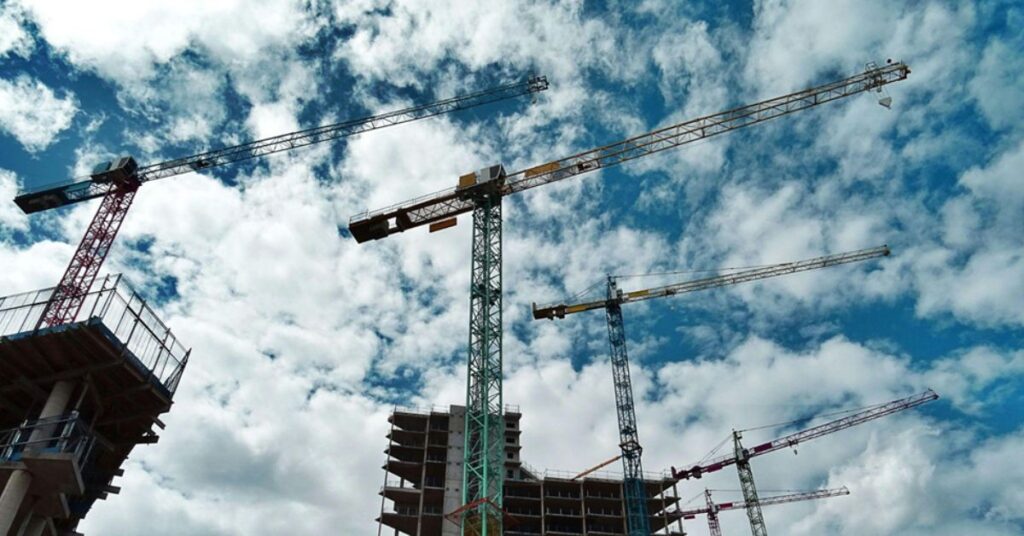Pre-construction planning often feels like a tedious step to some contractors. Many just want to dive in, get started, and begin seeing results. But, skipping this critical phase can lead to setbacks, budget overruns, and unhappy clients. Taking the time to plan every detail before construction starts ensures a smoother process, fewer surprises, and a successful project.
Let’s explore why pre-construction planning matters and how it sets the foundation for success.
Setting Clear Goals and Budgets
One of the most important parts of pre-construction planning is defining clear goals. Every project is unique, and aligning with the client on what needs to be achieved ensures everyone is on the same page. This process involves setting priorities, understanding what’s feasible, and outlining key deliverables. Without clear goals, projects can drift off track, leading to miscommunication and missed expectations.
Equally important is establishing a realistic budget. Contractors and clients need to agree on the scope of the work and how much it will cost. Accurate cost estimation is vital, and this is where tools like bidding software can make a huge difference. Using bidding software, contractors can create professional and precise estimates in just minutes. These tools also allow contractors to offer financing options, making projects more accessible for clients. For example, Hearth’s bidding software integrates financing directly into quotes, helping to ease the sticker shock clients might feel with larger projects. This transparency in budgeting builds trust and helps contractors win more bids.
Additionally, tracking the progress of quotes and receiving automated client reminders ensures the process stays on schedule. A clear budget combined with accurate estimates gives both parties confidence moving forward.
Detailed Site Assessments
Understanding the site conditions is a non-negotiable step in pre-construction planning. Without a proper assessment, unexpected challenges can derail the project timeline and increase costs. A thorough site evaluation helps identify potential issues like soil stability, drainage problems, or access limitations.
For example, if the soil is unsuitable for a foundation, addressing this issue during the planning stage prevents costly delays later. Similarly, knowing where utilities and existing structures are located ensures no surprises during excavation. Conducting this detailed assessment allows contractors to plan proactively, ensuring the timeline and budget stay on track.
Building the Right Team
Even the best-laid plans will falter without the right people to execute them. Building a skilled and reliable team is a cornerstone of pre-construction planning. This includes selecting subcontractors, suppliers, and other professionals who align with the project’s goals and values.
When assembling the team, it’s important to define roles and responsibilities clearly. Miscommunication among team members can lead to errors and delays. Holding initial meetings and setting expectations ensures everyone understands their part in the project. Additionally, selecting vendors and subcontractors with proven track records helps build confidence that the project will progress smoothly.
Good teamwork isn’t just about technical skills; it’s also about communication. When everyone works together effectively, issues can be resolved quickly, and the project remains on course.
Designing with Precision
The design phase is another critical part of pre-construction planning. A detailed design plan acts as the blueprint for success. Contractors must collaborate with architects, engineers, and clients to create a design that is functional, aesthetically pleasing, and structurally sound.
During this phase, it’s important to revisit the design regularly. Adjustments might be needed based on site conditions, client preferences, or budget constraints. Making these changes early is far easier and less expensive than addressing them once construction begins. A well-thought-out design ensures the project aligns with the client’s vision while staying within the agreed budget and timeline.
Creating a Comprehensive Schedule
Every successful project relies on a clear and realistic schedule. Pre-construction planning is the time to create this roadmap. A well-planned schedule includes key milestones, deadlines, and checkpoints to ensure the project progresses smoothly.
Having a schedule minimizes downtime, prevents bottlenecks, and ensures everyone knows what to expect. It also helps identify dependencies, such as when one task must be completed before another can begin. For example, scheduling inspections or material deliveries in advance ensures there are no delays.
Contractors who prioritize scheduling during the planning phase often see better results, as they can quickly adapt to unexpected changes without derailing the entire project.
Anticipating Risks and Setting Contingencies
Construction projects are inherently unpredictable. From weather delays to material shortages, risks are always present. However, anticipating these risks during pre-construction planning can help minimize their impact.
Identifying potential challenges allows contractors to build contingencies into the project plan. For instance, setting aside extra time and budget for unexpected delays ensures that the project can stay on track. Similarly, sourcing backup suppliers for key materials reduces the risk of shortages halting progress.
Planning for risks isn’t about expecting failure; it’s about being prepared. This proactive approach ensures smoother execution and keeps everyone involved confident in the project’s success.
Streamlining Permits and Approvals
Permits and approvals can often be a source of frustration for contractors, but they’re a vital part of pre-construction planning. Skipping or delaying this step can result in fines, work stoppages, or legal issues that derail the project entirely.
Understanding local zoning laws and building codes is crucial. Contractors should research these requirements early and submit applications well before construction begins. Some municipalities have lengthy approval processes, so factoring this into the timeline prevents delays.
Streamlining this step ensures the project complies with all regulations, giving both the contractor and the client peace of mind.
Pre-construction planning may seem like a time-consuming process, but it’s an investment that pays off in the long run. Setting clear goals, defining budgets, building the right team, and anticipating risks all contribute to smoother execution.
By planning thoroughly before construction starts, contractors set themselves up for success. Projects run more efficiently, clients are happier, and reputations grow stronger. When it comes to construction, proper preparation truly is the key to a job well done.







